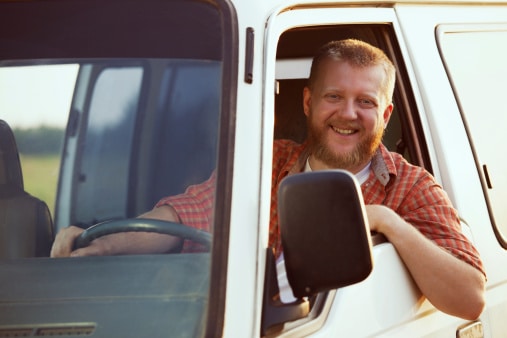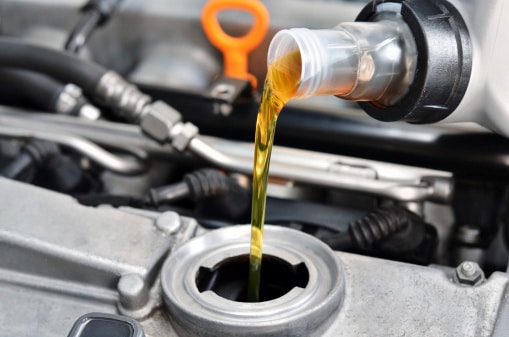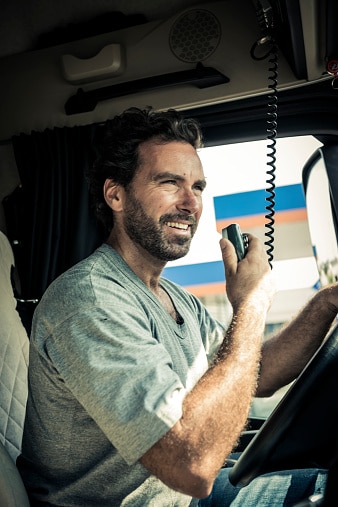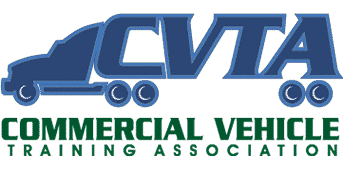It isn’t necessary to obtain your commercial driver’s license (CDL) permit before you attend truck driving school. In fact, a comprehensive program should prepare you to pass the written exam before you move on to on-the-road training. However, you should make sure you can meet the eligibility requirements to obtain the permit before you enroll in truck driving school.
CDL Learner’s Permit Requirements
You must be at least 21 years of age to obtain a learner’s permit. If you’re at least 18, you can obtain an intrastate CDL permit, which will only be valid in Arizona. You must also be able to pass the DOT medical exam. Finally, you must be able to provide the required documentation, including your Social Security card, a valid driver’s license (not CDL), and an acceptable form of identification.
Permit Test Format
The written exam is in a multiple choice format. To achieve a passing score, you must answer at least 80% of the questions correctly. Always read each question carefully before selecting your answer, as some of the questions may be worded in a tricky fashion. For example, you may be asked to select the only incorrect answer out of a group of statements. If you fail the written exam, you can take it again, but not on the same day.
Permit Recipients
Once you pass the written exam, you’ll receive your CDL learner’s permit. It’s valid for six months from the date of issue. That means you must take the road skills exam within that time period, or you’ll have to take the written exam again. Of course, you’ll likely take your road skills exam much sooner than this if you’re enrolled in truck driving school. However, you must wait at least 14 days from the date of the written exam to take the skills test.
At Phoenix Truck Driving School at Ft. Bliss, you’ll spend the first three weeks of your program preparing to excel on the written permit exam, followed by five weeks of intensive, hands-on training. Call (877) 206-8344 to inquire about our upcoming classes.


